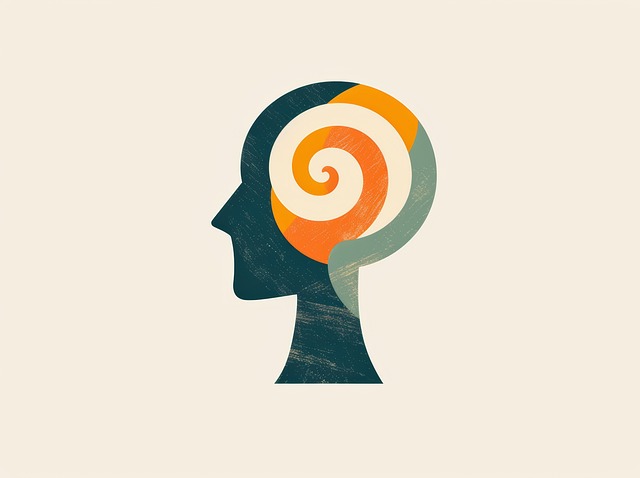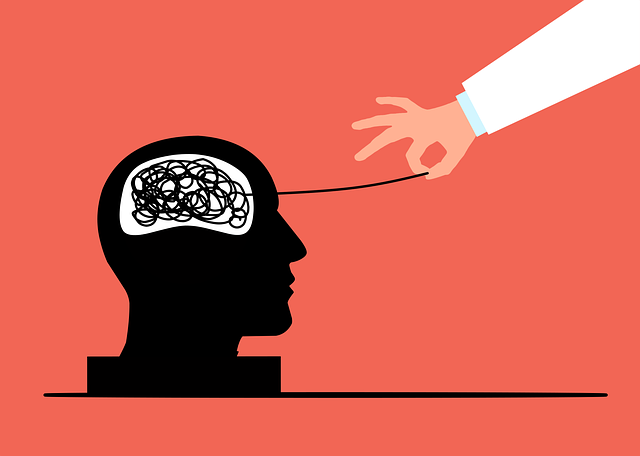Depression, affecting millions globally, requires a nuanced approach for prevention and management. Littleton Independent Medical Evaluations (LIME) therapy offers a holistic strategy through medical evaluations, personalized therapy, self-awareness exercises, and healthy lifestyle promotion. By combining medical expertise with compassion, LIMET equips individuals to regulate emotions, strengthen coping mechanisms, and build long-term mental resilience, emphasizing the importance of early detection, tailored interventions, and proactive wellness practices.
Depression is a prevalent yet manageable condition that requires proactive strategies for prevention. This article explores comprehensive approaches to safeguard your mental well-being, from understanding the signs of depression to implementing effective therapeutic techniques and lifestyle changes. Recognize the importance of Littleton Independent Medical Evaluations for accurate diagnosis and tailored therapy. Discover how building support systems can foster resilience against this formidable illness.
- Understanding Depression: Recognizing the Signs and Symptoms
- The Role of Medical Evaluations in Depression Prevention
- Therapeutic Approaches for Proactive Mental Well-being
- Lifestyle Changes and Support Systems for Long-term Resilience
Understanding Depression: Recognizing the Signs and Symptoms

Depression is a complex mental health condition that affects millions worldwide. Understanding its nuances is the first step in preventing and managing it effectively. Recognizing the signs and symptoms can often be challenging as they vary greatly from person to person, but some common indicators include persistent feelings of sadness, loss of interest or pleasure in activities once enjoyed, changes in appetite and sleep patterns, fatigue, difficulty concentrating, and thoughts of worthlessness or suicide.
Early detection through Littleton Independent Medical Evaluations (LIME) can play a crucial role in intervention. These evaluations provide an opportunity to assess emotional regulation, identify triggers, and develop personalized strategies for resilience building. Self-awareness exercises and therapy can help individuals understand their thought patterns, manage stress, and improve coping mechanisms, thus fostering better mental well-being.
The Role of Medical Evaluations in Depression Prevention

Medical evaluations play a pivotal role in depression prevention by providing an accurate diagnosis and identifying underlying factors contributing to an individual’s mental health struggles. These comprehensive assessments, often conducted by independent medical professionals in Littleton, offer valuable insights beyond what can be gathered from self-reporting alone. By integrating advanced diagnostic tools and clinical expertise, healthcare providers can identify depressive disorders early, ensuring timely intervention.
Regular check-ins with healthcare providers allow for ongoing monitoring of mental health, promoting proactive prevention strategies. This includes addressing potential risk factors through tailored therapy sessions, such as Cognitive Behavioral Therapy (CBT), which targets negative thought patterns and coping skills development. Additionally, healthcare provider cultural competency training ensures sensitive care, while social skills training can enhance support networks, both being essential components in a holistic depression prevention approach.
Therapeutic Approaches for Proactive Mental Well-being

Preventive measures play a pivotal role in managing depression, and one of the most effective ways to stay ahead is through therapeutic approaches that promote proactive mental well-being. Littleton Independent Medical Evaluations Therapy (LIMET) offers a unique perspective by combining medical expertise with compassionate understanding, catering to individuals seeking holistic solutions. This approach not only addresses symptoms but also focuses on building resilience and empowering clients to take charge of their mental health.
Within LIMET, Empathy Building Strategies and Compassion Cultivation Practices are instrumental in fostering healthier relationships and cultivating a supportive environment. By encouraging self-reflection and developing Self-Care Routine Development for Better Mental Health, individuals gain valuable tools to navigate life’s challenges more effectively. These strategies promote self-compassion, emotional regulation, and enhanced coping mechanisms, all of which contribute to long-term mental well-being.
Lifestyle Changes and Support Systems for Long-term Resilience

Adopting a healthy lifestyle is an essential component of depression prevention and fostering long-term resilience. Regular physical activity, for instance, can significantly boost mood and reduce symptoms of depression. Aiming for at least 30 minutes of moderate exercise daily, as recommended by healthcare professionals in Littleton Independent Medical Evaluations Therapy, can help improve overall well-being. Additionally, prioritizing a balanced diet and sufficient sleep is crucial; these foundational elements support mental health and can be addressed through tailored therapy sessions.
Building and maintaining a robust support system is another key strategy. Encouraging open communication with friends, family, or support groups enhances emotional intelligence and equips individuals with effective coping mechanisms. Engaging in self-care routines, such as mindfulness practices, journaling, or creative outlets, also contributes to mental wellness coaching programs development. These practices promote self-awareness and provide healthy avenues for processing emotions, ultimately strengthening an individual’s ability to navigate life’s challenges and maintain good mental health.
Depression prevention is a multifaceted approach that combines understanding, early intervention, and proactive strategies. By recognizing signs and symptoms through medical evaluations, individuals can access tailored therapy and make positive lifestyle changes. Incorporating regular check-ins with healthcare professionals, engaging in therapeutic practices, and fostering supportive networks are key components to building resilience against depression. For those in the Littleton area, independent medical evaluations offer a valuable resource, combining comprehensive assessments with personalized treatment plans, ensuring individuals receive the care they need for improved mental well-being.








